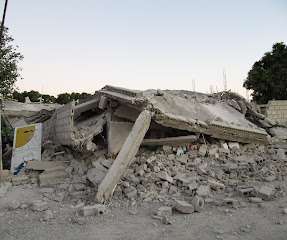Fall Into Free Professional Development
GovLoop
AUGUST 28, 2024
Eddy, Director, Homeland Security Programs, Pacific Northwest National Laboratory Kevin Walsh, Director, Information Technology and Cybersecurity team, GAO How Plain Language Improves Constituent Engagement Plain language is an absolutely core component of effective CX, but is it prioritized at your organization? 11 at 2 p.m. PT/4-4:30 p.m.












Let's personalize your content